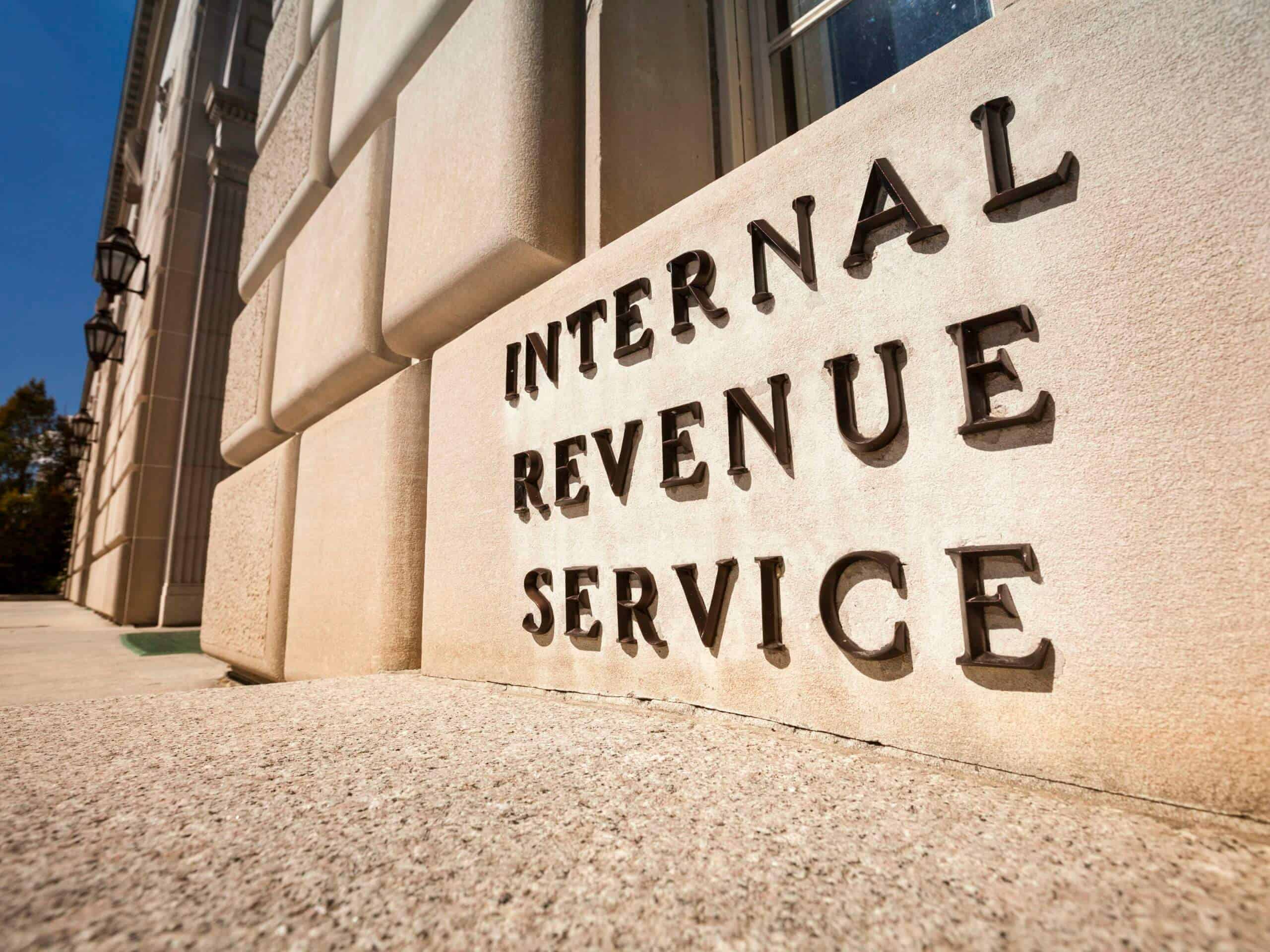Join Our Telegram channel to stay up to date on breaking news coverage
Cryptocurrencies’ role in tax across the United States has been a hot-button issue for a while now. In its recent move to bring the industry under control, the Internal Revenue Service (IRS) recently published a new draft for Form 1040, which would consider whether taxpayers have dealt in cryptocurrencies in the past year.
Questions on Crypto Relations
The draft, which was published on Wednesday, features a direct question in its early pages:
“At any time during 2020, did you receive, sell, send, exchange, or otherwise acquire any financial interest in any virtual currency?”
While it’s unclear how the tax agency plans to address the issue of people who have had contact with cryptocurrencies, it’s an indication that it now takes the issue of crypto taxation seriously.
The IRS’s Quest for Crypto Tax Compliance
The IRS’s record on cryptocurrencies has been a bit of a mixed one. For one, the agency hasn’t made much in terms of measurable progress. On the other hand, it has shown a proclivity in taking crypto taxation seriously.
So far, the IRS has shown a desire to track activities in just about every aspect of the industry. Last month, it published a request for information where it sought information and tools that would help it trace transactions using privacy coins, layer-two protocols, and side chains.
The document, which came from the IRS’ Criminal Investigation Division, sought proposals for tools that include graphical user interfaces for analyzing ledger-based transactions with privacy-enhancing blockchain technologies. It explicitly named Monero, Zcash, Komodo, DASH, GRIN, and Verge as the assets that the IRS is hoping to target, as well as layer-two solutions like Lightning, Celer, and Raiden Networks.
Despite the challenge of tracking privacy coins, the agency believes that it would only be right if its ability to trace transactions extends to every cryptocurrency. This way, crypto holders won’t have a reason to evade taxes using the assets.
The agency has also gone after staking rewards — a move that immediately drew pushback from some pro-crypto Congress members. In response to the agency’s focus on staking rewards, Representatives Darren Soto (D-FL), Tom Emmer (R-MN), Bill Foster (D-IL), and David Schweikert (R-AZ) wrote to the agency. In their letter, they explained that the IRS ran the risk of overstating the rewards from staking. If this happens, it would invariably charge crypto holders more in taxes.
Despite all this, the IRS seems determined in its mission to achieve sweeping crypto tax compliance. The agency has even sought help from some members of the crypto industry. In June, The Block reported that top crypto exchange Coinbase had inked a deal to sell its analytics software to several government agencies – including the IRS and the U.S. Drug Enforcement Administration (DEA).
Documents gotten by the news source showed that the IRS was interested in Coinbase Analytics and Neutrino, an intelligence agency that the San Francisco-based exchange purchased in 2019. Many immediately reacted to the news, with some claiming that they’d delete their Coinbase accounts if a deal went through.
Join Our Telegram channel to stay up to date on breaking news coverage


